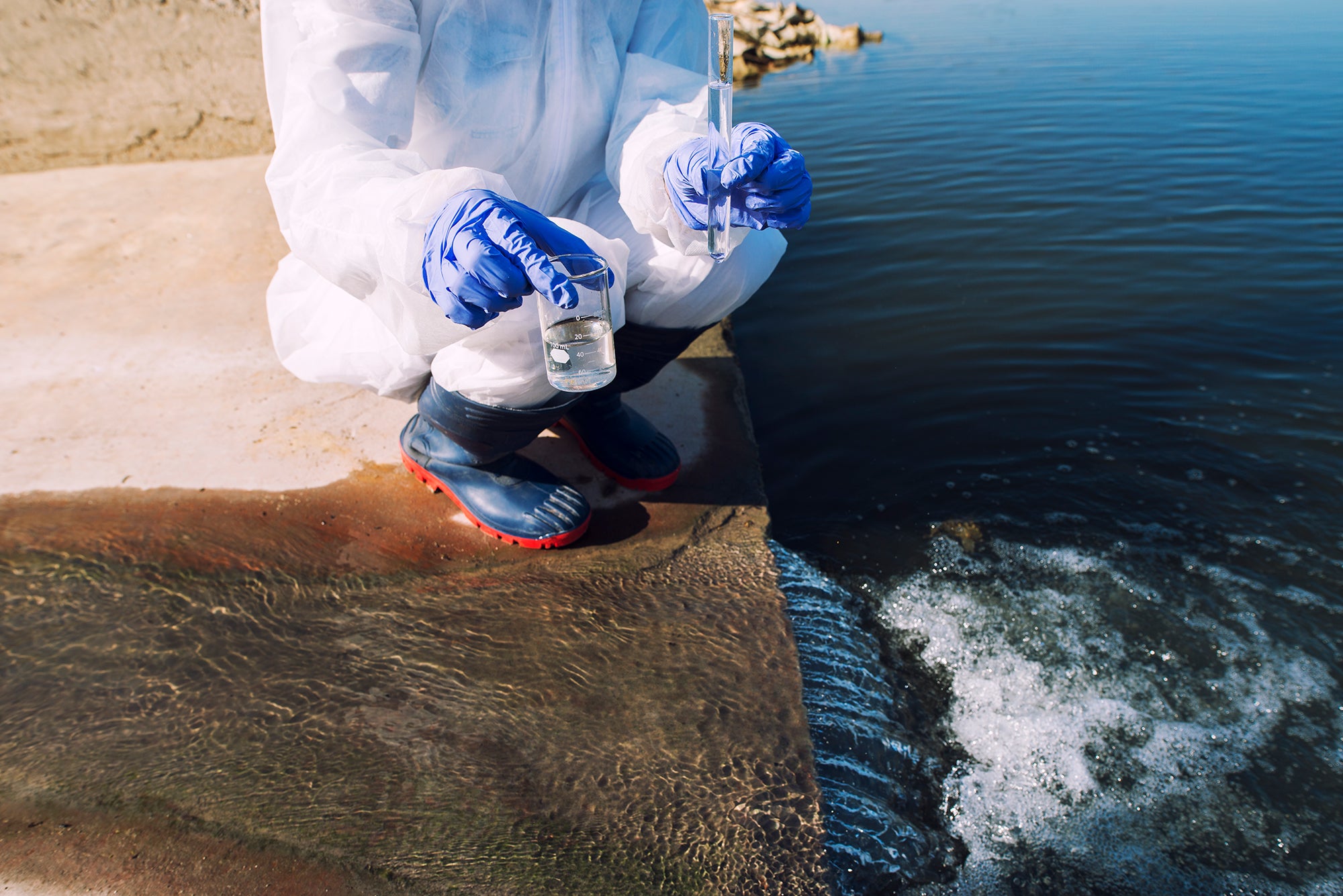
Camp Lejeune Lawyer - Toxic Water Exposure
Nestled in North Carolina, Camp Lejeune, once a thriving Marine Corps base, became synonymous with tragedy due to decades of toxic water exposure. The contamination, stemming from a mixture of industrial chemicals, including trichloroethylene (TCE) and benzene, led to a litany of health issues among residents and personnel. Despite the passage of time, the quest for justice and compensation continues for those affected.
Health Issues Caused by the Contaminated Water:

Cancers: One of the most alarming consequences of the Camp Lejeune water contamination is the heightened risk of various cancers among exposed individuals. Studies have linked the chemicals found in the contaminated water, such as benzene and trichloroethylene (TCE), to an increased incidence of cancers including leukemia, kidney cancer, liver cancer, bladder cancer, and non-Hodgkin's lymphoma.
Neurological Disorders: Exposure to toxic chemicals in the water has also been associated with neurological disorders, including Parkinson's disease and other neurodegenerative conditions. These disorders can have profound impacts on individuals' quality of life, causing motor impairment, cognitive decline, and other debilitating symptoms.
Reproductive Issues: Reproductive health problems have been a significant concern. Studies have suggested a link between exposure to certain chemicals and reproductive issues such as infertility, miscarriages, and birth defects. These issues can have far-reaching effects on individuals and families, impacting their ability to conceive and carry a healthy pregnancy to term.
Autoimmune Diseases: In addition to cancers and neurological disorders, exposure to the contaminated water has been associated with an increased risk of autoimmune diseases. Conditions such as lupus, rheumatoid arthritis, and scleroderma have been reported at higher rates.
Chronic Health Conditions: Beyond specific diseases, many individuals have experienced a range of chronic health conditions. These may include respiratory problems, gastrointestinal issues, skin disorders, and other ailments that can significantly impact individuals' well-being and quality of life.
Lawsuits and Legal Battles
In the wake of revelations, a wave of lawsuits emerged, seeking to hold accountable those responsible for the pollution. These legal battles, waged against government agencies and private entities, aimed to secure compensation for victims and their families. While some lawsuits have resulted in settlements, the fight for justice is far from over.
Who qualifies for compensation?
Military Personnel and Their Families
Veterans, active-duty service members, and their families who resided at Camp Lejeune between August 1, 1953, and December 31, 1987, are primary candidates for benefits and compensation. This includes individuals who may have unknowingly ingested or been exposed to contaminated water during their time on the base.
Civilian Employees
Beyond military personnel, civilian employees who worked at Camp Lejeune during the specified period may also be eligible for benefits and compensation. These individuals, employed in various capacities on the base, were equally susceptible to the harmful effects of the contaminated water.
Eligibility Criteria
To qualify for benefits and compensation, individuals must meet specific criteria outlined in legislation such as the Camp Lejeune Justice Act. This includes demonstrating a connection between their health issues and exposure to the contaminated water. Medical records, military service documentation, and other evidence may be required to support claims for benefits and compensation.
Types of Benefits
Benefits and compensation for the victims can encompass various forms of support. This may include financial compensation for medical expenses, disability payments for related health conditions, and reimbursement for lost wages or diminished earning capacity due to illness or disability.
Contact Us for Legal Assistance
If you or a loved one has been affected by the Camp Lejeune water contamination, it's crucial to seek legal guidance promptly. Contact us today to schedule a consultation and learn how we can help you pursue justice and secure the compensation you deserve.
For consultation or assistance with Camp Lejeune claims and related matters, please contact oshanandassociates at 833-44-TOXIC. Your well-being and entitlements are our priority.
Leave a comment
Comments will be approved before showing up.
Also in Camp Lejeune

Camp Lejeune Family Lawsuit

Is Camp Lejeune Water Safe Now? Legal Action and Your Rights

